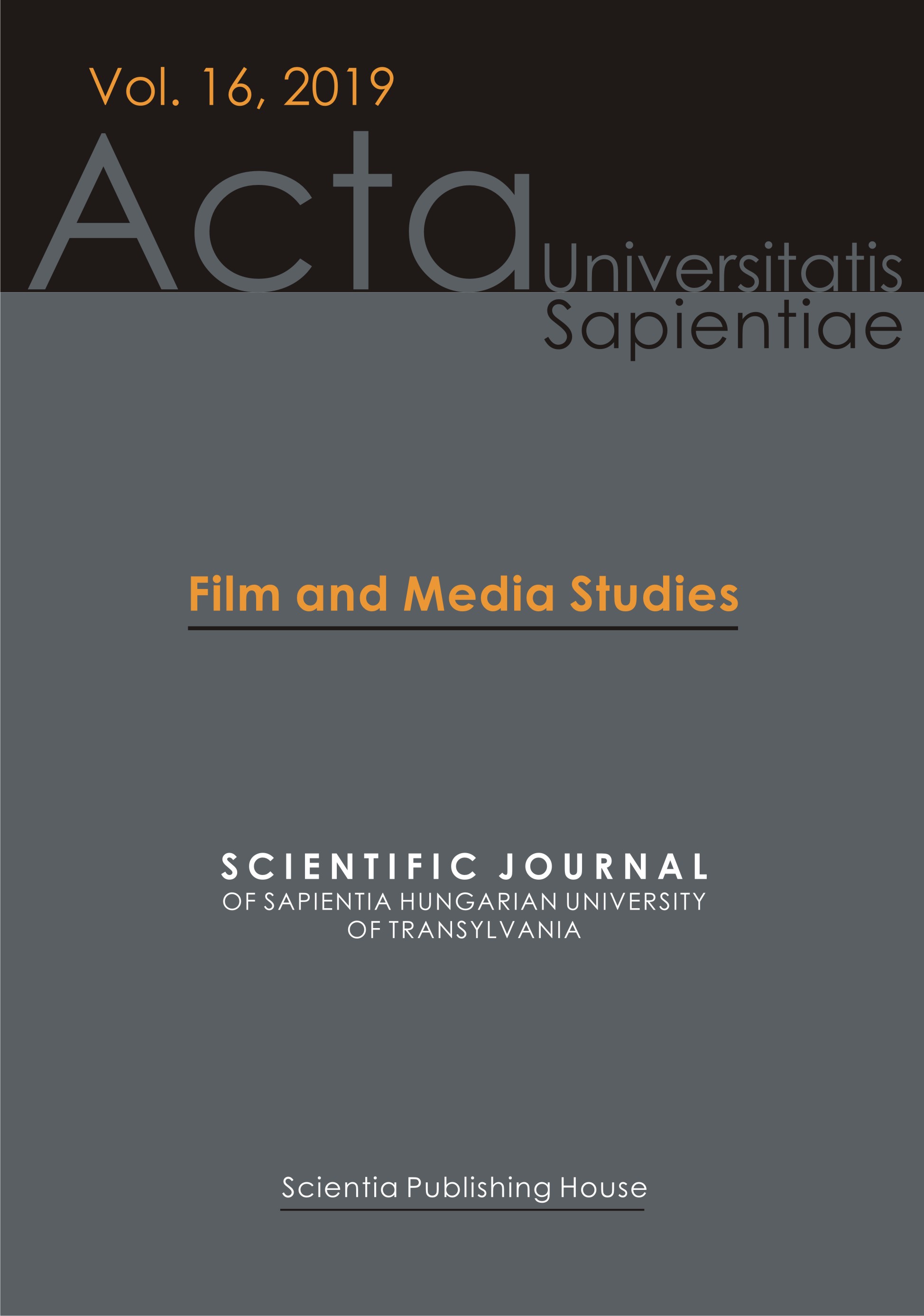German Expressionism in Context: the First World War and the European Avant-Garde
German Expressionism in Context: the First World War and the European Avant-Garde
Author(s): Ian GermaniSubject(s): Fine Arts / Performing Arts, Film / Cinema / Cinematography
Published by: Scientia Kiadó
Keywords: avant-garde; Expressionism; First World War; art; modernism
Summary/Abstract: German Expressionism, although often viewed as a uniquely German phenomenon, was part of a broader crisis affecting the European avant-garde at the time of the First World War. The experience of modernity, so proudly displayed at events like the Universal Exposition of 1900, inspired both hopes and fears which were reflected in the works of artists, writers and musicians throughout Europe. The outbreak of the war was welcomed by many exponents of the avant-garde as the cathartic crisis they had anticipated. The letters and diaries of artists who hastened to enlist, however, reflected their rapid disillusionment. The war had the effect of severing cultural ties that had been forged prior to 1914. This did not prevent a parallel process of cultural evolution on both sides of the conflict. Those who survived the war, of diverse nationalities and artistic affiliations, produced works reflecting a common perception that modern civilization had resulted in humanity becoming a slave to its own machines.
Journal: Acta Universitatis Sapientiae, Film and Media Studies
- Issue Year: 2019
- Issue No: 16
- Page Range: 11-34
- Page Count: 24
- Language: English

